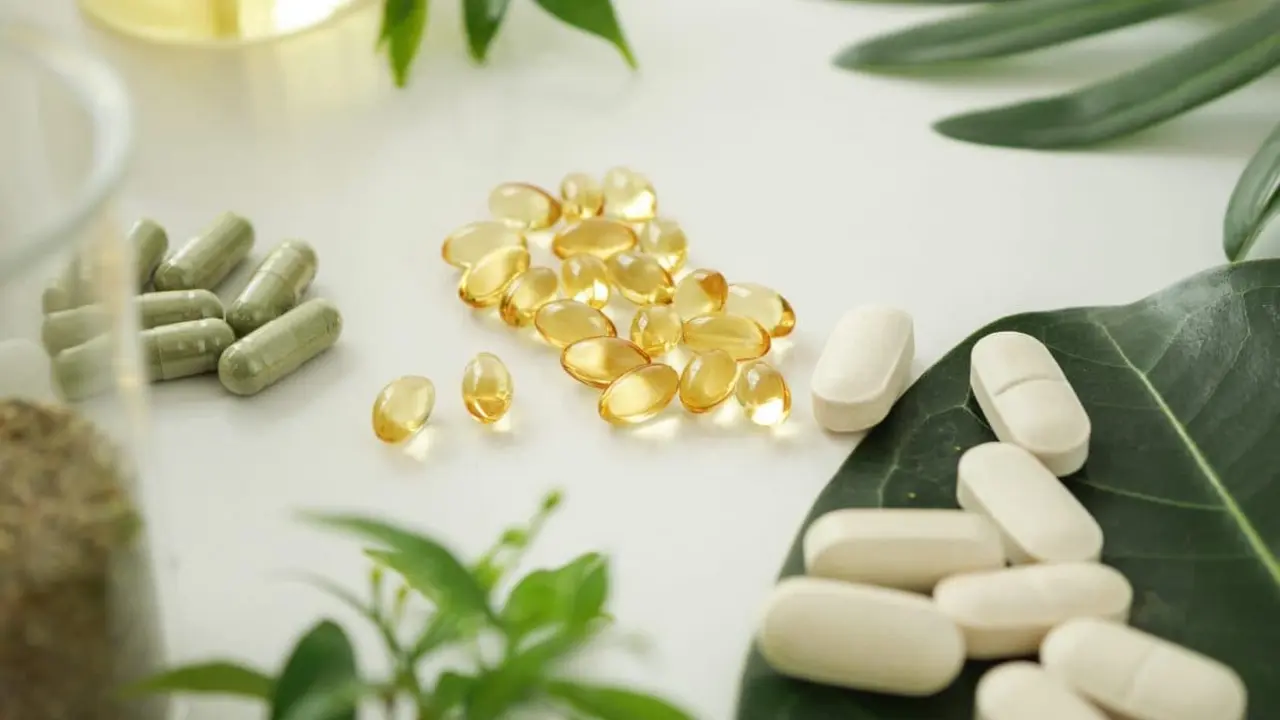Goutweed (Aegopodium): What It Is and Why People Use It
Goutweed might look like a common garden plant, but people have used it as food and medicine for centuries. Its botanical name is Aegopodium podagraria, and you’ll also see it called bishop’s weed or ground elder. Fresh young leaves are edible and mild when cooked, while herbalists use extracts and teas for their anti-inflammatory and diuretic reputation.
If you’re curious because of joint pain or swelling, know this: goutweed shows up in traditional remedies for gout and arthritis. That doesn’t mean it replaces prescribed treatment, but some people find it helpful as a complementary option. Think of it as a kitchen-to-herbal remedy you might try alongside medical care—not instead of it.
How to Use Goutweed
For eating, use young leaves in spring. They work like spinach when sautéed or blanched, and make a pleasant addition to soups or mixed greens after cooking to reduce bitterness. To make a simple tea, steep 1–2 teaspoons of dried leaves in hot water for 5–10 minutes. If you prefer stronger effects, look for standardized tinctures from reputable suppliers and follow the label directions.
Start small. Try a single serving and watch for stomach upset or skin reactions. If you plan to take goutweed regularly, keep a short diary: note how you feel, any side effects, and whether joint symptoms change. That helps you and your healthcare provider see if it’s doing anything useful.
Safety, Interactions, and Buying Tips
Goutweed contains natural compounds like flavonoids and coumarin-like substances. That’s why people on blood thinners (warfarin, for example) or with bleeding disorders should avoid it or check with their doctor first. Don’t use goutweed during pregnancy or breastfeeding because there isn’t enough safety data.
Allergic reactions are rare but possible. Stop use and consult a healthcare provider if you get hives, swelling, or breathing trouble. Also be cautious if you have kidney problems—goutweed’s mild diuretic effect can change fluid balance.
When buying, choose organic or wild-crafted sources when you can, and prefer products that list the botanical name (Aegopodium podagraria). Avoid suppliers who won’t tell you where the plant was grown or processed. If you want a supplement, pick brands that use third-party testing for purity and label accuracy.
Need help choosing a product or checking interactions with your meds? Ask your pharmacist. At Shiner Family Pharmacy we can review your current medicines, point you to trustworthy brands, and help you use goutweed safely alongside prescribed treatments.
Want to try it in the kitchen first? Pick a small bunch of young leaves, cook them like spinach, and see how you like the flavor before moving to supplements. Small, careful steps are the simplest way to test a new herb without surprises.

